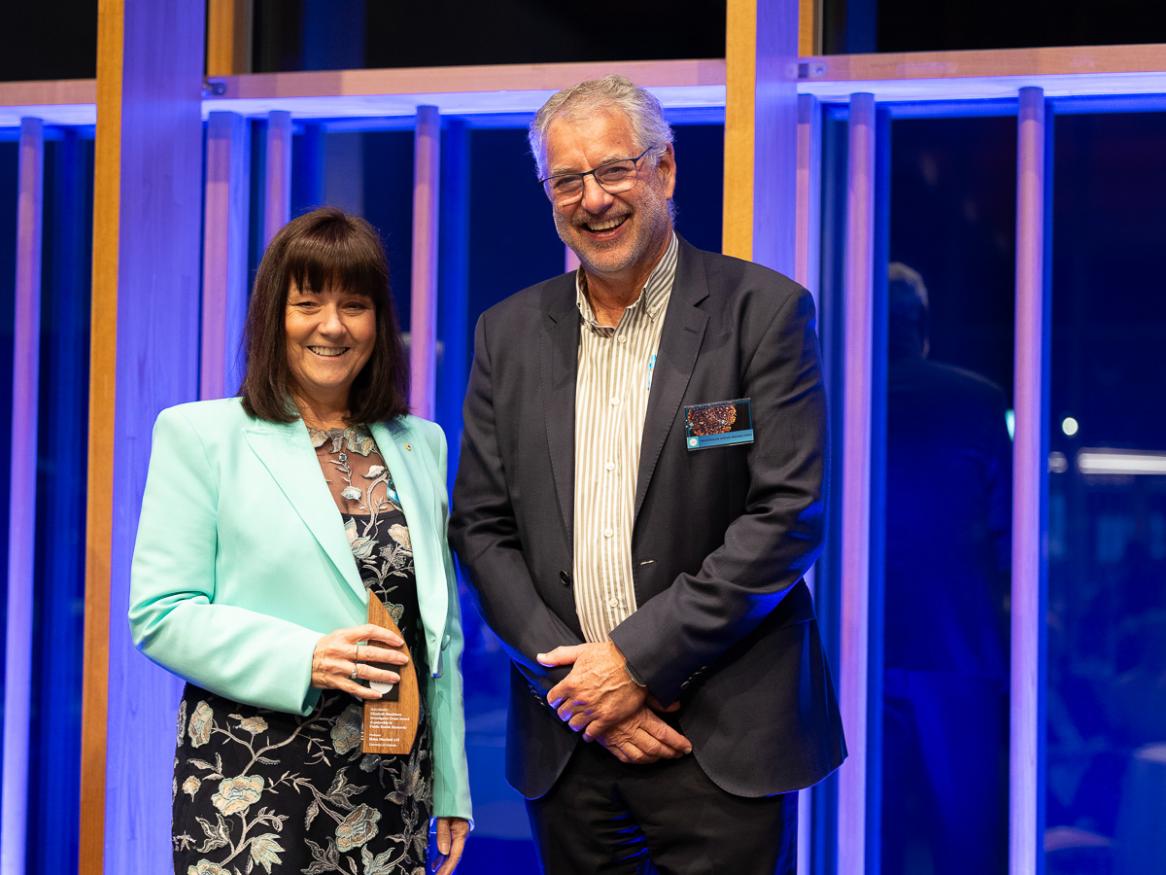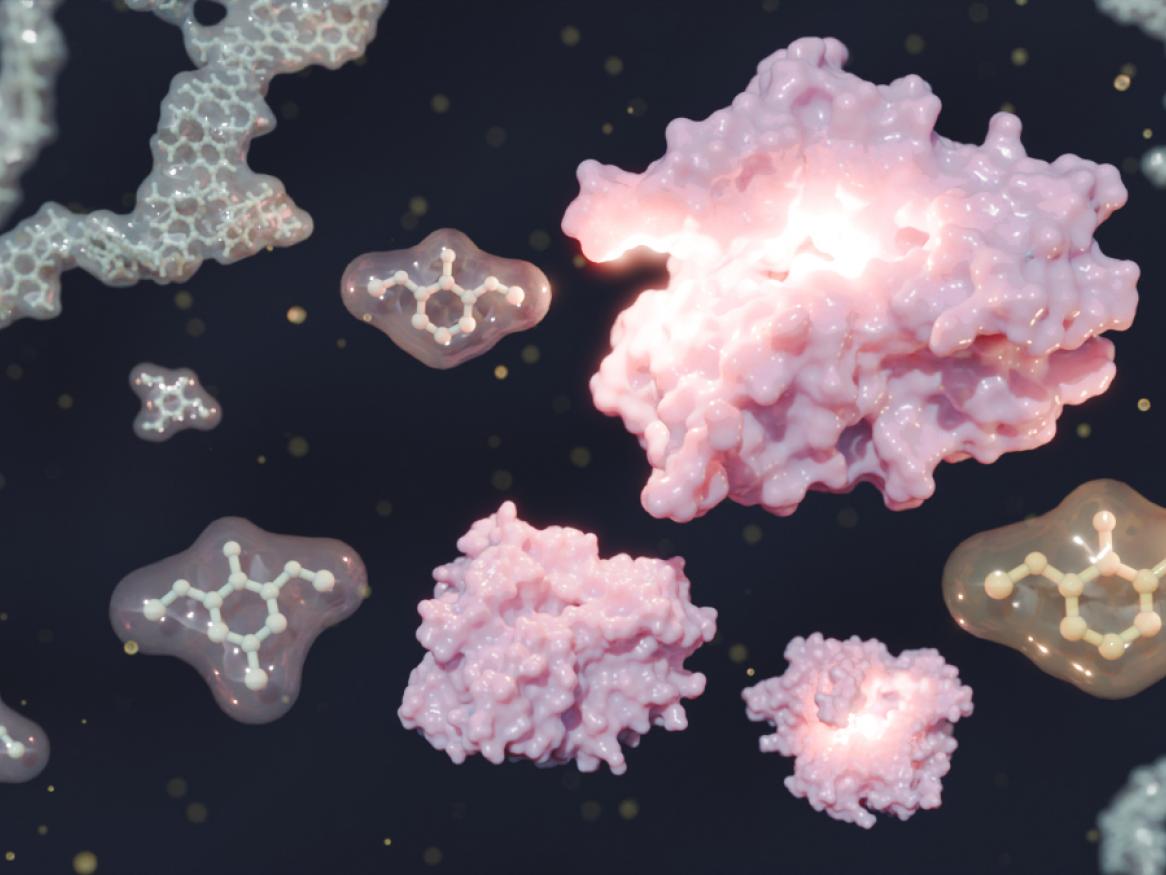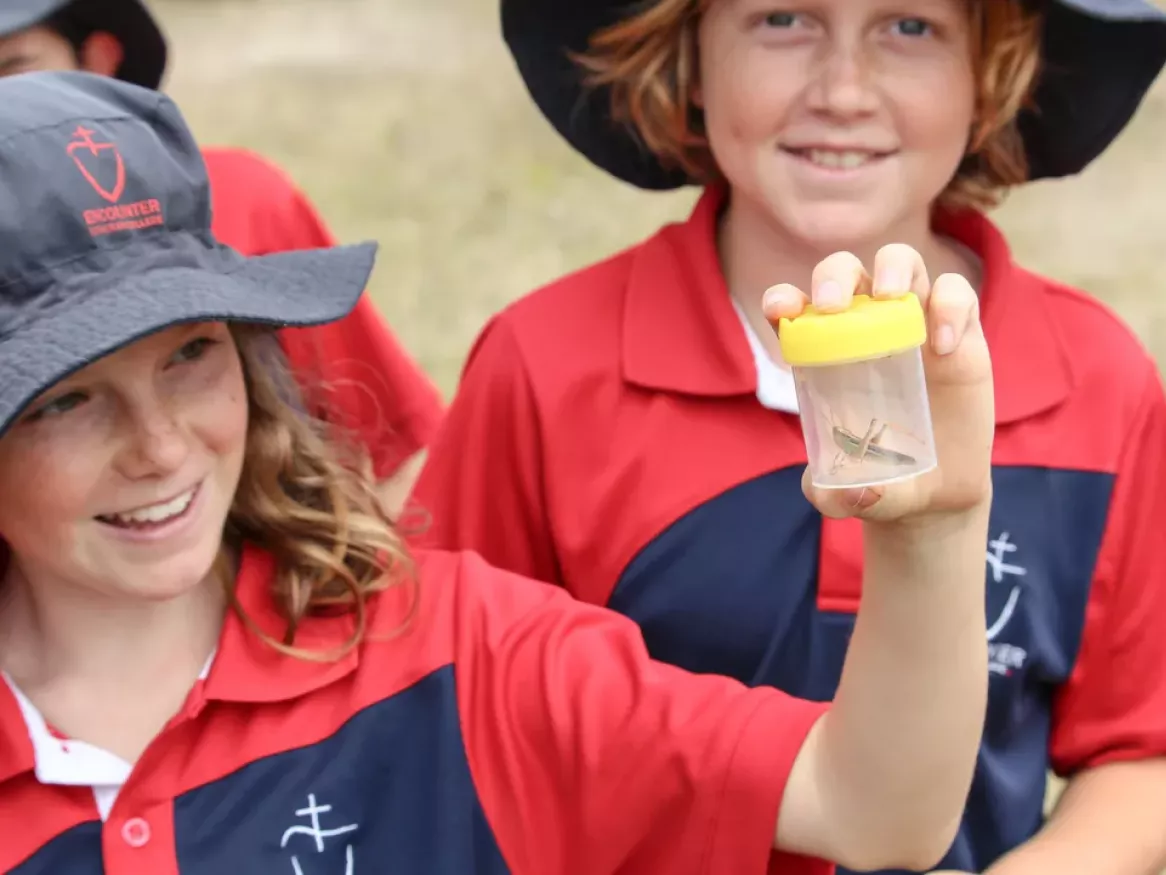Latest news
Search news stories
Enter a keyword to search news.
Combination approach to advanced cancer could improve survival

An international team of researchers, including experts from the University of Adelaide, has found genomic testing and targeted therapies for patients with advanced cancer could improve survival rates by up to 40 per cent.
[Read more about Combination approach to advanced cancer could improve survival]
Leading the way in ultrasound credentialing

Ultrasound is a crucial tool for timely and accurate diagnosis of endometriosis, yet variability in scanning capability, techniques and interpretation has led to inconsistent patient outcomes.
[Read more about Leading the way in ultrasound credentialing]
Commercialising fusion energy technology for the global energy transition

As global energy demands continue to grow, the consideration and adoption of new alternative scalable energy sources is becoming increasingly necessary.
[Read more about Commercialising fusion energy technology for the global energy transition]
Stars align for international rover challenge winners

Sixteen teams from universities in Australia, Poland, and India competed in a series of challenges at the University of Adelaide’s fifth annual Australian Rover Challenge (ARCh), with Poland’s AGH University of Kraków team, AGH Space Systems, securing first place.
[Read more about Stars align for international rover challenge winners]
Professor Helen Marshall AM wins NHMRC Elizabeth Blackburn Investigator Grant Award

Professor Helen Marshall AM, NHMRC Leadership Fellow and Professor in Vaccinology, Adelaide Medical School, was the highest ranked applicant for an Investigator Grant (Leadership) in the public health pillar for 2024.
Study links poor blood flow in the brain to POTS

In what is believed to be a world-first study, researchers from the University of Adelaide’s Australian Dysautonomia and Arrhythmia Research Collaborative (ADARC) have used brain scans to identify blood flow problems in people with postural orthostatic tachycardia syndrome (POTS).
[Read more about Study links poor blood flow in the brain to POTS]
New green chemistry extracts valuable compounds from plant waste

Around 98 per cent of lignin created as a forestry by-product from plants is discarded, but a new enzyme could be the key to extracting high-value molecules from this waste using a green chemistry approach.
[Read more about New green chemistry extracts valuable compounds from plant waste]
Unlocking the potential of whey to reduce food waste

New research suggests converting the Australian dairy industry’s whey waste into a valuable food product is more feasible than many realise, with significant potential for industry-wide change.
[Read more about Unlocking the potential of whey to reduce food waste]
Teaching kids about bugs benefits the environment

Pro-environmental behaviour increases among school students who participate in insect-related citizen science projects, according to new research from the University of Adelaide.
[Read more about Teaching kids about bugs benefits the environment]
A proposed legalisation of polygamy in Australia

Polygamy — a legally or customarily recognised marriage involving three or more people — is currently illegal in Australia. However, new research suggests a way to legalise the practice without disrupting the foundations of Australian marriage law.
[Read more about A proposed legalisation of polygamy in Australia]
